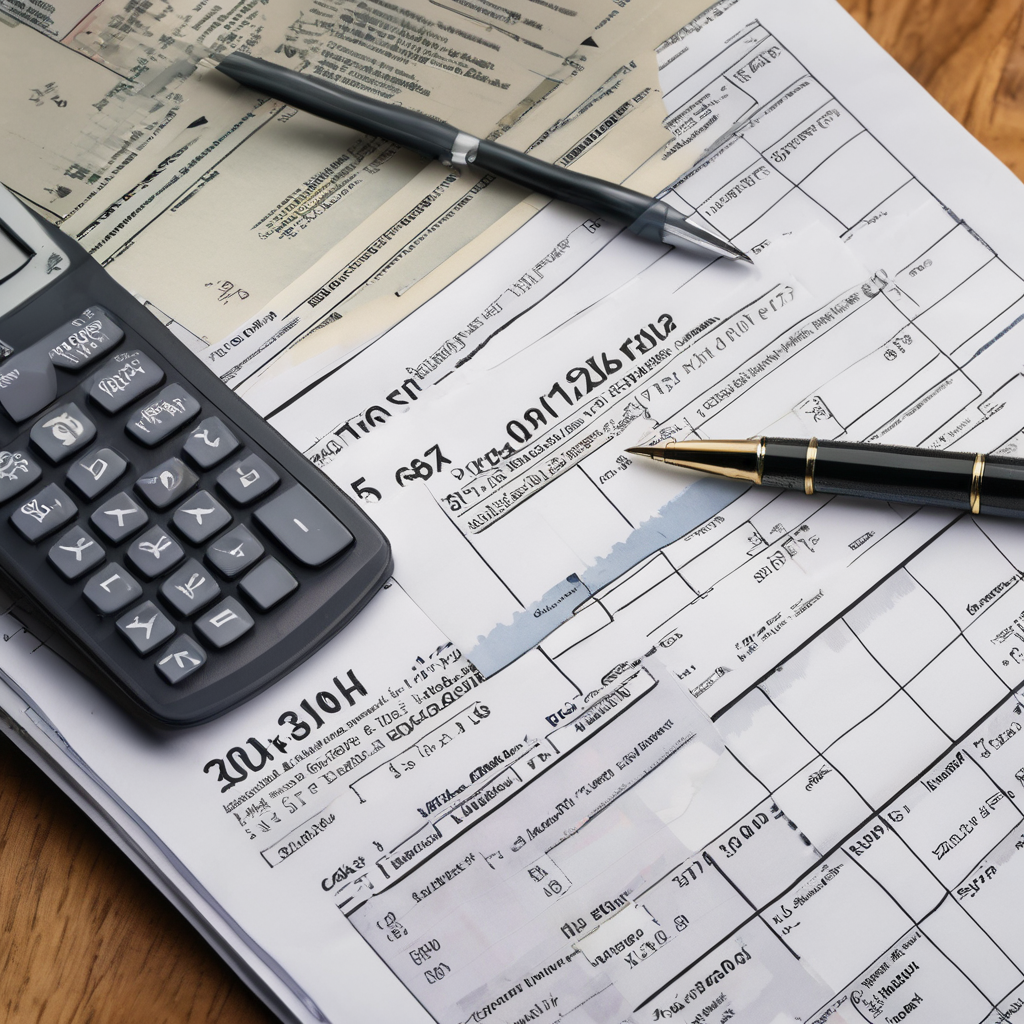Around 20,000 Scottish taxpayers have been penalized with a total of £5.5 million in fines for failing to meet deadlines for Self Assessment tax returns, according to data released by Advice Direct Scotland. This information, obtained through a Freedom of Information request, highlights significant financial consequences for those who missed the January 31 deadline for the 2022/23 tax year. The initial penalty for missing this deadline is £100.
The data further reveals that 8,000 individuals faced increased fines due to continued non-payment, with penalties growing by £10 per day up to a cap of £900. Those who had yet to submit their returns after six months faced an additional charge of either 5% of the due tax or £300, depending on which was greater. Moreover, one year after the deadline, 2,000 people had not fulfilled their tax obligations, resulting in a second penalty of the same amount.
Advice Direct Scotland, a free national advice service operating as taxadvice.scot, emphasizes the importance of meeting the upcoming January 31 deadline to avoid these costly penalties. The service provides guidance to individuals obligated to submit a tax return, including those earning over £1,000 annually as sole traders, paying capital gains tax, or dealing with the high income child benefit charge.
Additional income streams requiring declaration include side jobs, property rentals, tips, commissions, and income from savings, investments, and dividends. Andrew Bartlett, the chief executive of Advice Direct Scotland, urges individuals to complete their returns promptly to avoid unnecessary fines.
The penalties set by HM Revenue and Customs (HMRC) include an initial £100 penalty for late submissions, daily fines escalating after three months, and additional charges accumulating after six and twelve months. Late payments incur a 5% penalty of the unpaid tax at intervals of 30 days, six months, and twelve months, plus accruing interest.
Filing a Self Assessment return is required for taxpayers with various income situations, such as self-employment, partnerships, or significant untaxed income. Individuals uncertain about their obligations can seek guidance through HMRC’s online resources, video tutorials, and the HMRC app to determine if a Self Assessment tax return is necessary.
In light of these developments, taxpayers are encouraged to take advantage of available resources to ensure compliance and avoid cumbersome financial penalties.
